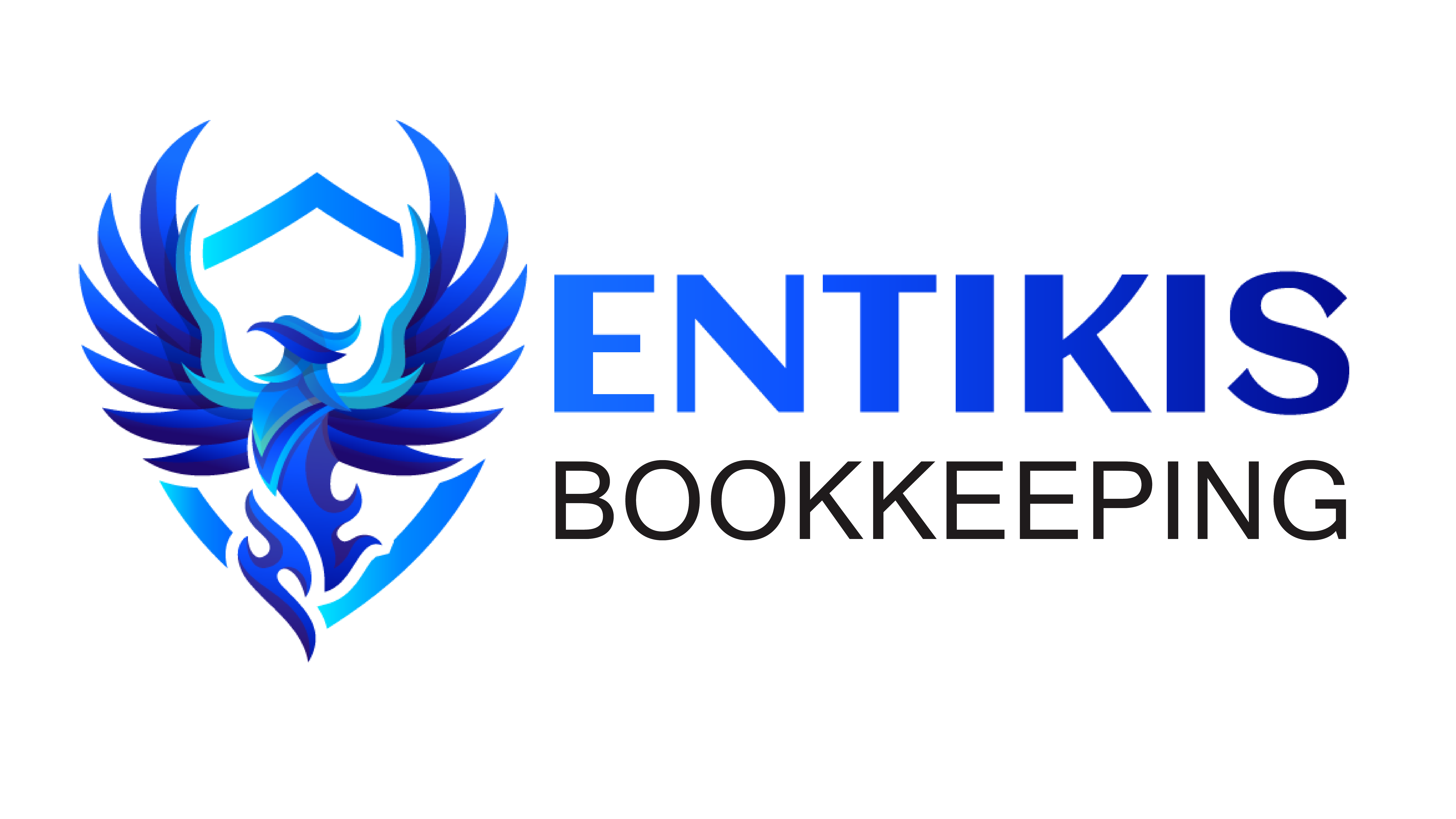Bookkeeping is a crucial aspect of managing tax payments as your business grows. As your business expands, so do your financial responsibilities. One of the most critical aspects of financial management is handling tax payments efficiently. Proper tax preparation ensures compliance with state and federal regulations while also preventing costly penalties. Whether you are a startup or an established business in Fort Worth, Texas, understanding tax obligations is essential for sustained growth., Texas, understanding tax obligations is essential for sustained growth.
In this guide, we will walk through key strategies to manage tax payments as your business scales. By implementing sound bookkeeping practices and working with a professional bookkeeper, you can streamline tax payments and keep your finances in order.
Managing tax payments is crucial for growing businesses. Learn effective tax preparation strategies, bookkeeping tips, and how a professional bookkeeper in Fort Worth, Texas, can help keep your finances in order.
1. Stay Organized with Bookkeeping
Good bookkeeping is the foundation of successful tax management. As your business grows, tracking income and expenses becomes increasingly complex. Keeping well-maintained financial records helps you:
- Monitor cash flow accurately
- Categorize expenses for tax deductions
- Prepare for tax season without unnecessary stress
Using cloud-based accounting software can simplify this process, allowing you to automate transactions, reconcile accounts, and generate reports with ease. Additionally, hiring a skilled bookkeeper in Fort Worth, Texas, ensures your financial records remain accurate and up to date. Learn more about our bookkeeping services.
2. Understand Your Tax Obligations
Different business structures have different tax requirements. Whether you operate as a sole proprietor, LLC, S-corporation, or partnership, understanding your obligations is key. Here are some of the taxes you may need to account for:
- Income Tax: Based on your business earnings, paid quarterly or annually.
- Self-Employment Tax: Covers Social Security and Medicare contributions.
- Sales Tax: If you sell taxable goods or services in Texas, you must collect and remit sales tax to the state. Visit the Texas Comptroller for more details.
- Payroll Tax: If you have employees, you are responsible for withholding payroll taxes.
Working with a professional bookkeeper in Fort Worth, Texas, can help you determine which taxes apply to your business and ensure timely payments.
3. Set Aside Funds for Taxes
One of the biggest mistakes growing businesses make is failing to set aside money for tax payments. A good rule of thumb is to allocate a percentage of your income—typically 25-30%—to cover taxes. Setting up a dedicated tax savings account can prevent financial strain when payments are due.
For businesses in Dallas Fort Worth, a bookkeeper can assist in forecasting tax liabilities and recommending the appropriate savings percentage based on your income trends.
4. Make Quarterly Estimated Tax Payments
Instead of waiting until tax season, businesses are often required to make quarterly estimated tax payments. The IRS and Texas Comptroller expect businesses to pay taxes throughout the year. Missing these payments can lead to penalties and interest charges.
Quarterly payments are due on:
- April 15
- June 15
- September 15
- January 15 (of the following year)
A professional bookkeeper can help calculate these payments accurately, ensuring you meet IRS requirements without overpaying.
5. Maximize Deductions and Credits
As your business grows, tax deductions and credits become even more valuable. Some common tax deductions include:
- Home office expenses
- Business-related travel
- Equipment and software purchases
- Health insurance premiums (for self-employed individuals)
- Retirement contributions
Working with an experienced bookkeeper in Fort Worth, Texas, ensures you capture all eligible deductions and optimize your tax strategy.
6. Maintain Professional Communication with Your Tax Preparer
Timely and professional communication with your tax preparer or bookkeeper is crucial. Having an open line of communication ensures that:
- You stay updated on tax law changes.
- Any discrepancies are resolved promptly.
- Your tax documents are prepared correctly and filed on time.
If you’re managing a growing business in Dallas Fort Worth, partnering with a trusted bookkeeping professional allows you to focus on operations while ensuring compliance with tax laws.
7. Seek Professional Bookkeeping Assistance
Navigating tax responsibilities can be overwhelming, especially as your business expands. Seeking expert guidance from a professional bookkeeping service ensures accuracy and peace of mind. If you are looking for professional bookkeeping services, please contact us at Admin@Entikis.Com or 817-415-1715 to learn more about how Entikis Bookkeeping can support your journey to success! Located at 640 Taylor St Suite, Fort Worth, TX, United States, we offer professional bookkeeping services for businesses in Burleson, Fort Worth, and the surrounding Tarrant County metroplex.
Managing tax payments as your business grows doesn’t have to be stressful. By implementing proper bookkeeping practices, understanding your tax obligations, and working with a skilled bookkeeper in Fort Worth, Texas, you can ensure compliance and financial stability. Take proactive steps today and set your business up for long-term success!
For expert assistance in bookkeeping and tax preparation, reach out to Entikis Bookkeeping and let us handle the numbers while you focus on growing your business!




